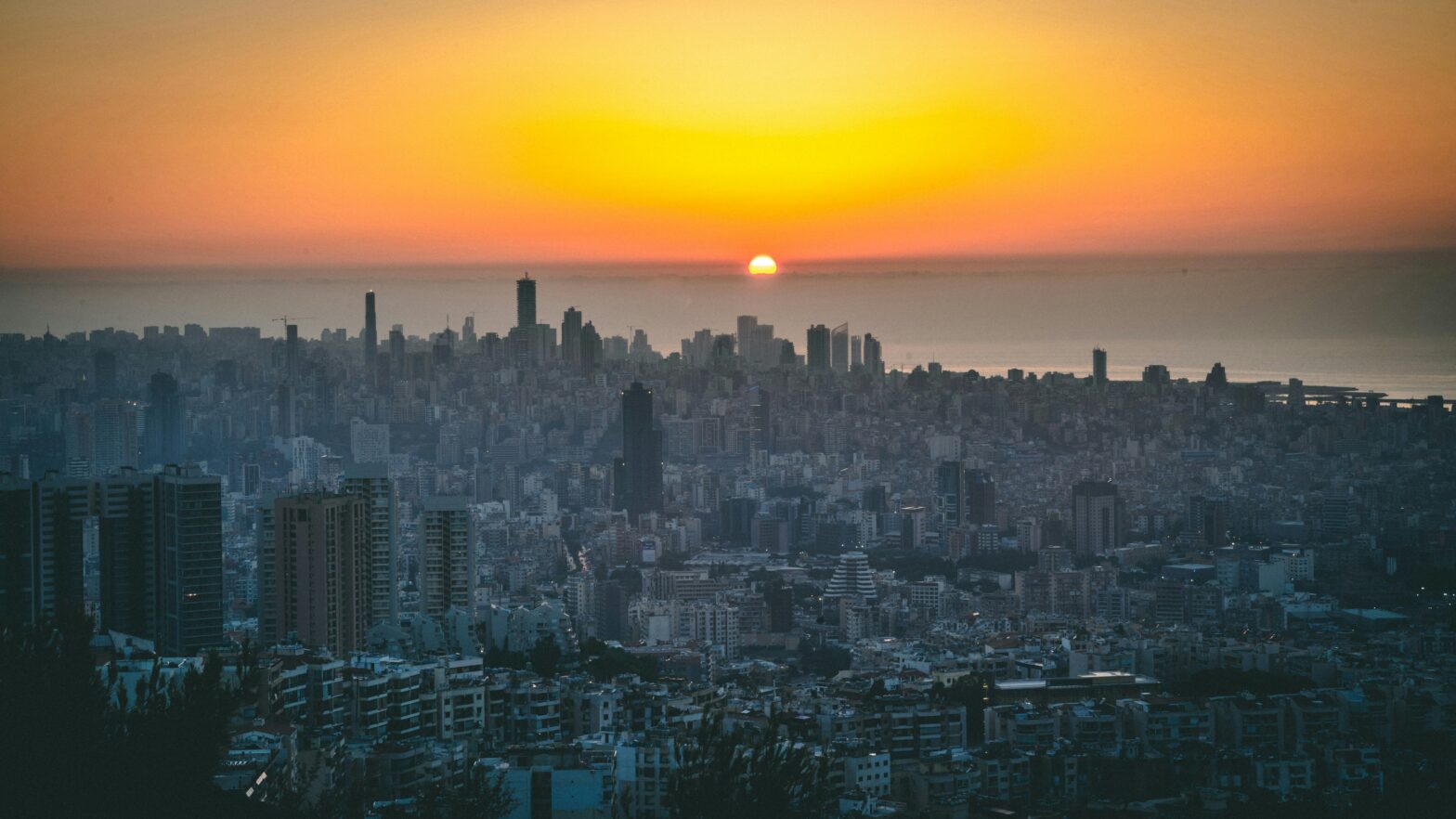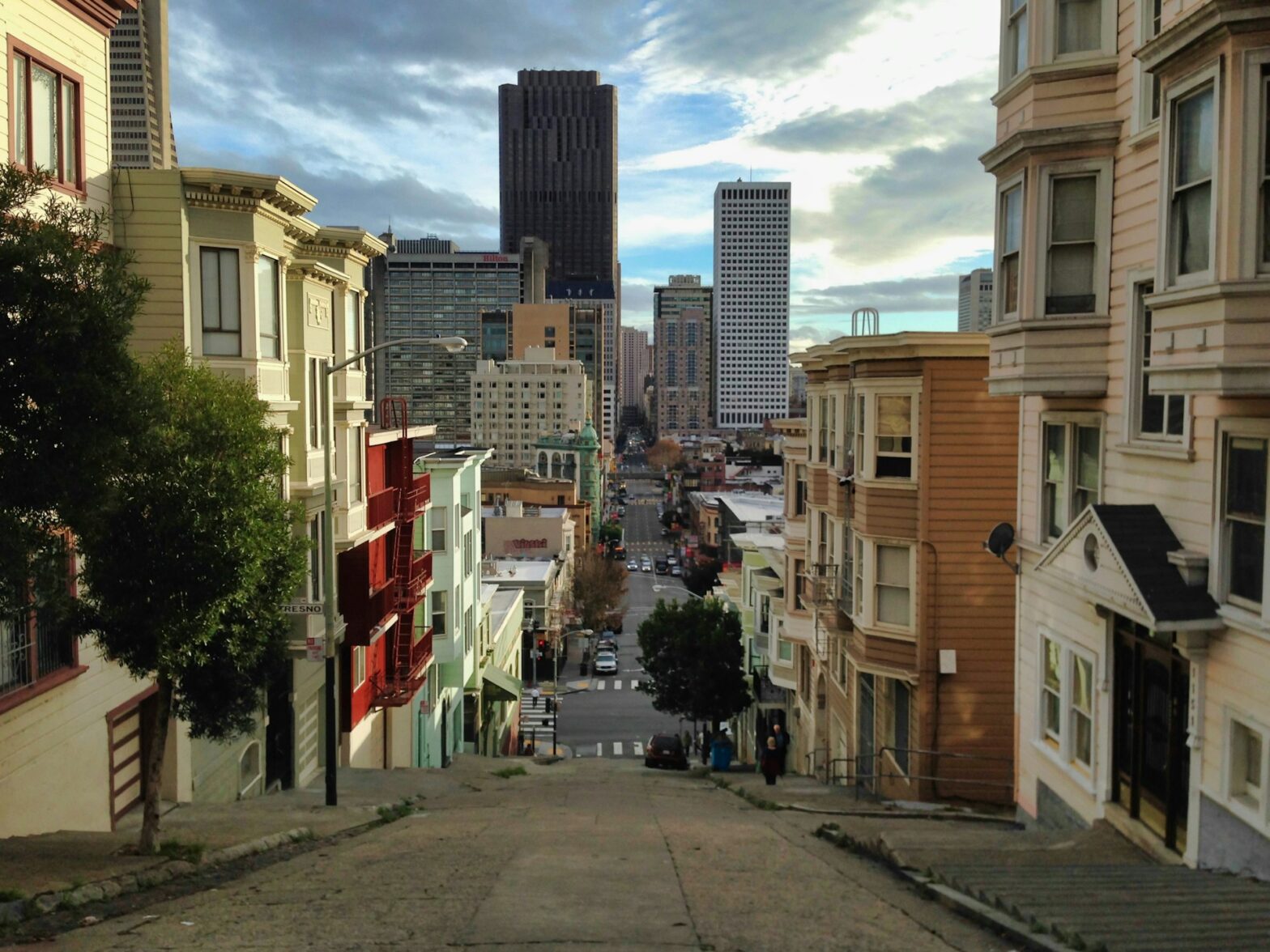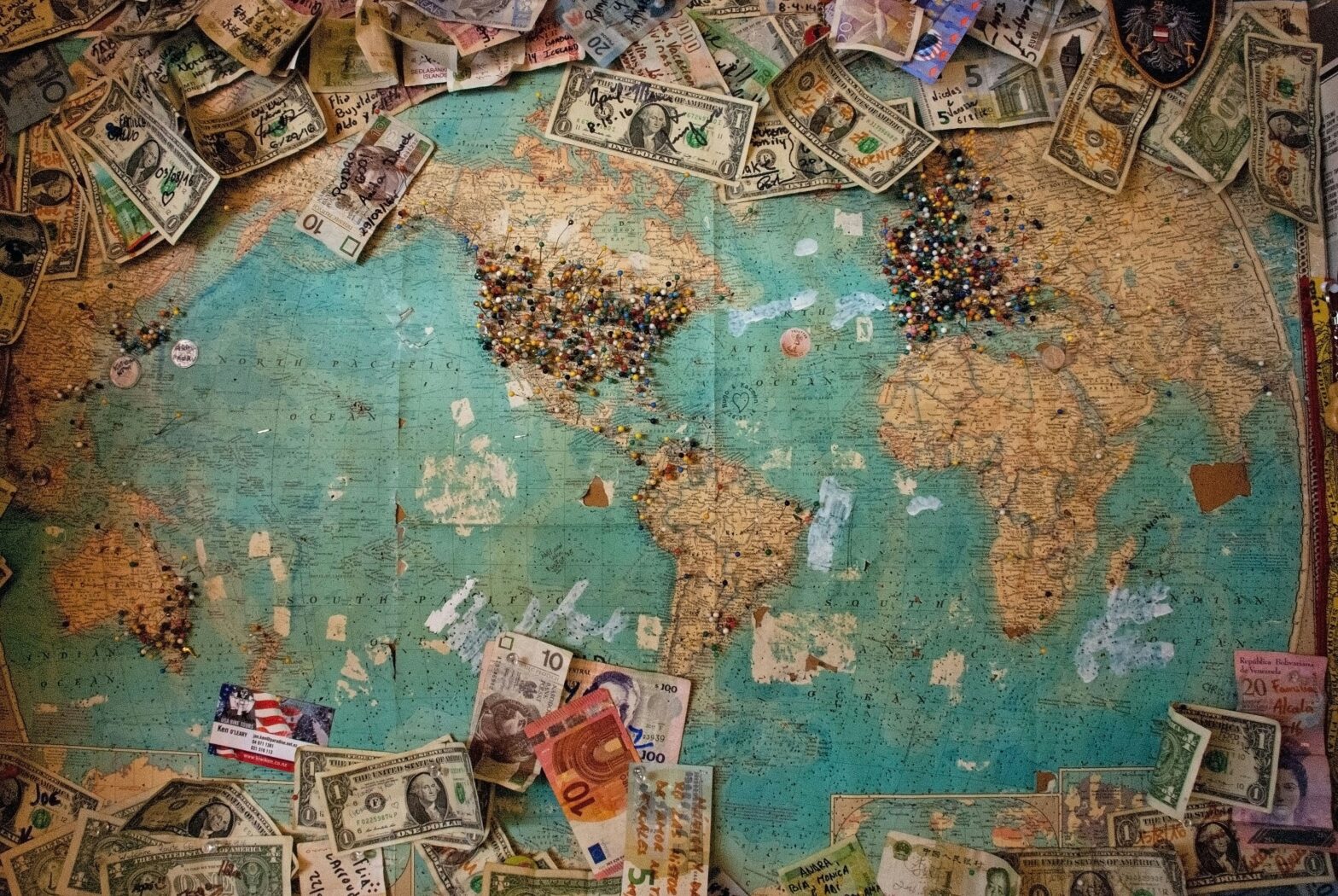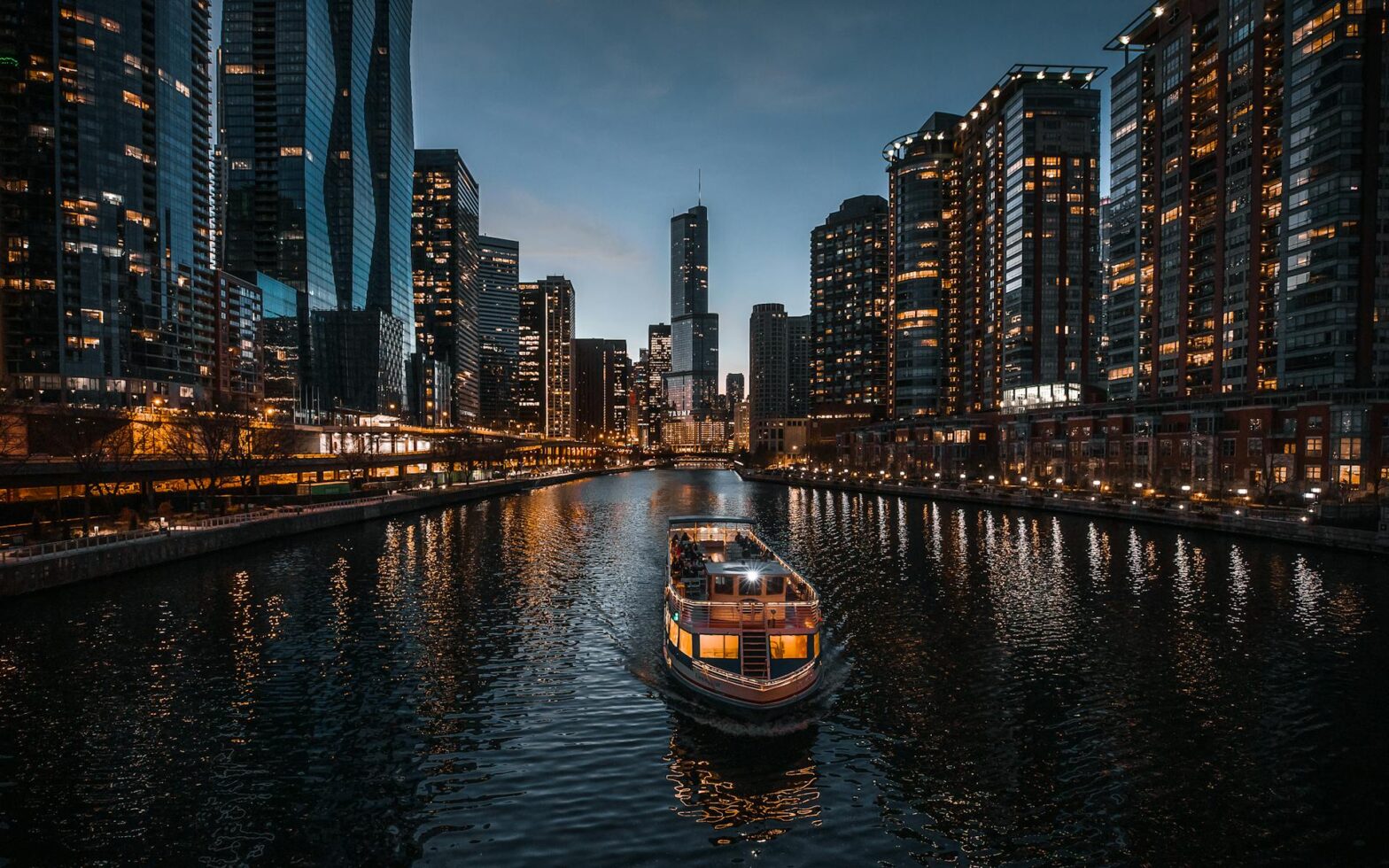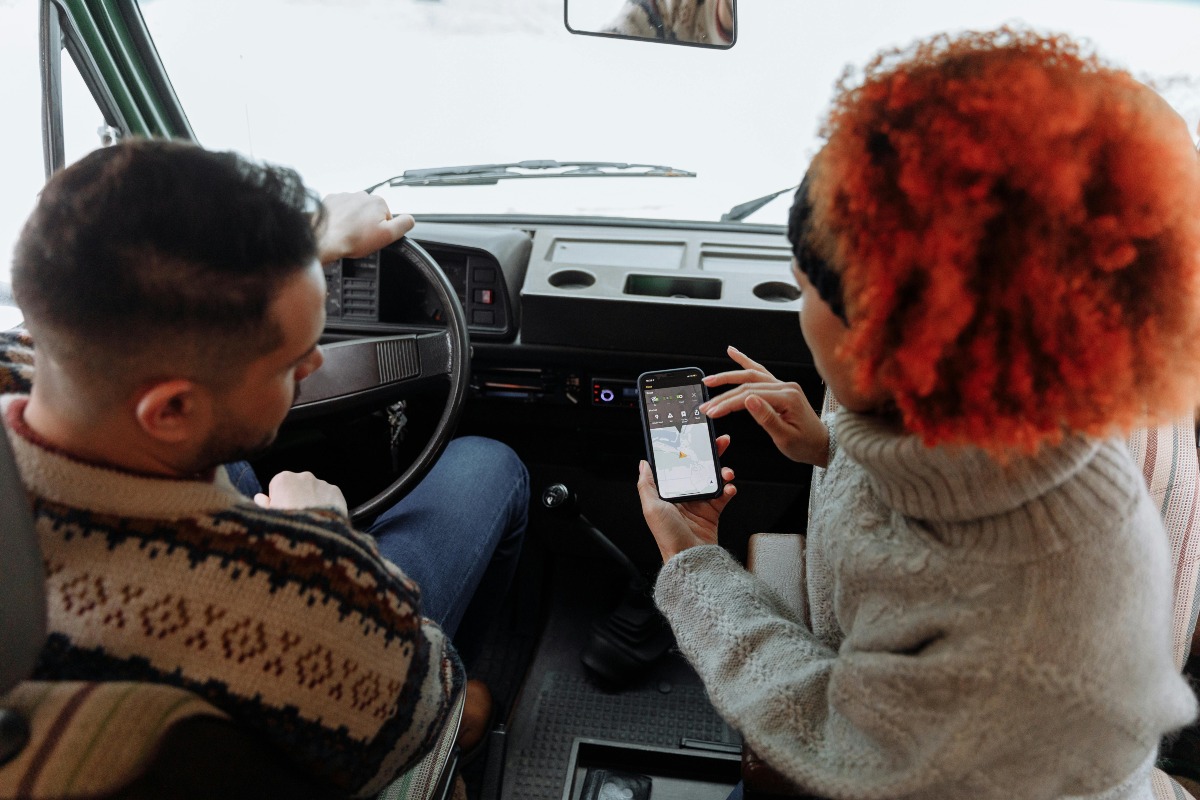Beirut, the capital of Lebanon, is a city steeped in history, culture, and resilience. Known as the “Paris of the Middle East,” many travelers visit each year for the nightlife, cuisine, and historical sites. However, as with any travel destination, there is one pressing question: Is Beirut safe for visitors? Recent events have cast a shadow on the city, with updated U.S. travel advisories urging caution. Let’s discuss the current situation and what you need to know for a safe and enjoyable trip.
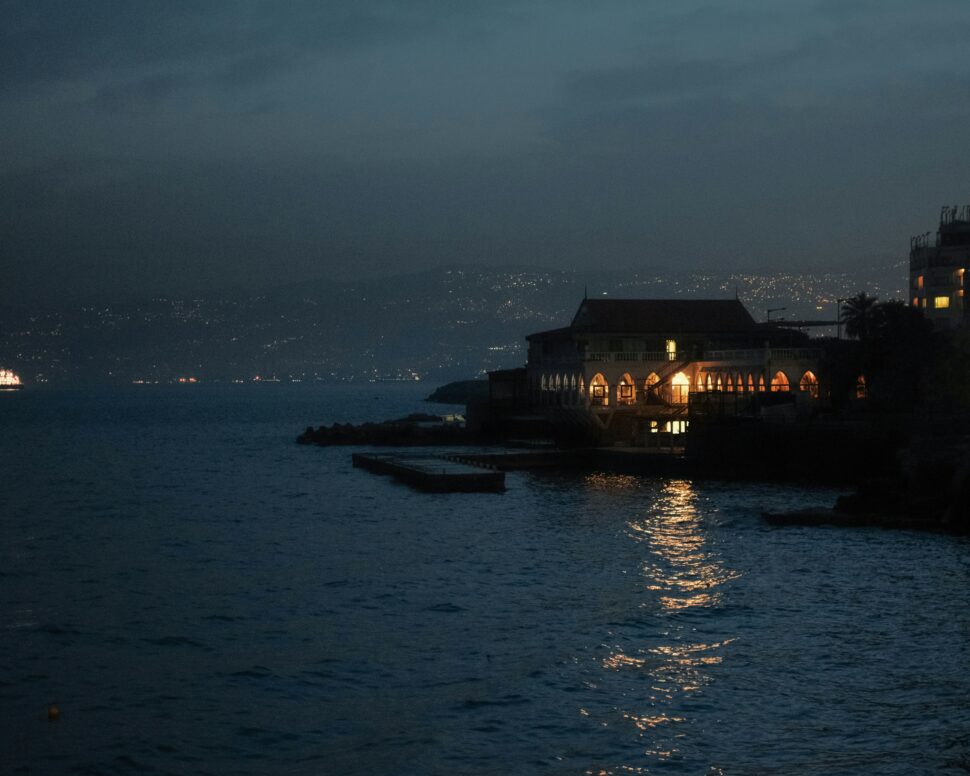
Understanding the Current Situation
The political situation in Beirut has been volatile in recent years, with protests and demonstrations often making headlines on the world stage. While this does not affect all areas of the city, frequent demonstrations and violent clashes have erupted, and recent explosions in and around the city have heightened safety concerns.
The U.S. Department of State has issued a Level 4 travel advisory, strongly warning citizens: “Do Not Travel” to Lebanon. If you’re planning to visit, it’s essential to avoid regions where protests or political activities are taking place. Keep in mind that U.S. government personnel working in Beirut operate under strict security measures, which may be adjusted at any time. Tourists are strongly advised to have a well-thought-out safety plan, especially if traveling to border areas or refugee settlements, which the U.S. government has labeled as extremely high-risk zones.
Lebanon Crime Rates and Personal Safety
Every city has its shadows. Like any metropolis, Beirut experiences crime—mostly petty offenses like pickpocketing and theft, particularly in crowded markets and tourist attractions. However, violent crime is relatively low. It is advisable to avoid large gatherings or protests, as periods of significant civil unrest can make these areas particularly risky for travelers. Avoid poorly lit areas at night and keep your belongings secure, just as you would for any major metropolitan area, even in your own city.
Numbeo gives Beirut, Lebanon a crime index of 46.74, and a safety index of 53.26.
Health and Safety Considerations
Health and safety in Beirut have improved in recent years, but it’s wise to take precautions. Consider travel insurance that covers medical emergencies. Healthcare facilities here may not always match Western standards. Drink bottled water and eat at reputable restaurants. Check for any travel advisories related to health concerns.
Cultural Norms and Respect
Cultural sensitivity is crucial when traveling to any foreign country, and Beirut is no exception. This is a city rich in traditions, where the old world meets the new, known for its hospitality, and many locals are welcoming to tourists. Yet, it’s important to respect the cultural nuances, especially in more conservative areas. Dress according to posted local dress codes when visiting religious sites and be aware of local customs regarding behavior in public.
Travel Tips for Visiting Beirut
- Stay Informed: Keep an eye on local news and government travel advisories regarding safety in Beirut.
- Plan Your Itinerary: Focus on tourist-friendly neighborhoods like Gemmayzeh, Mar Mikhael, and the Hamra district, which offer lively atmospheres and plenty of attractions.
- Use Reliable Transportation: Opt for registered taxis or ride-sharing apps rather than hailing cabs off the street. This ensures safer and more reliable transport.
- Learn Basic Arabic Phrases: While many locals speak English and French, learning a few Arabic phrases can go a long way in building rapport with residents.
- Trust Your Instincts: If a situation feels uncomfortable, don’t hesitate to remove yourself. Prioritize your safety.
So, is Beirut Safe?
Beirut currently holds a Level 4 travel advisory. The risks for Americans are significantly higher than in many other destinations due to the ongoing conflict, crime, and political instability. Explosions, cross-border attacks, and violent demonstrations have made certain areas unpredictable and dangerous. For those considering a trip, it’s essential to weigh the potential dangers carefully, stay informed through reliable sources, and follow strict safety protocols. Prioritize your safety.
